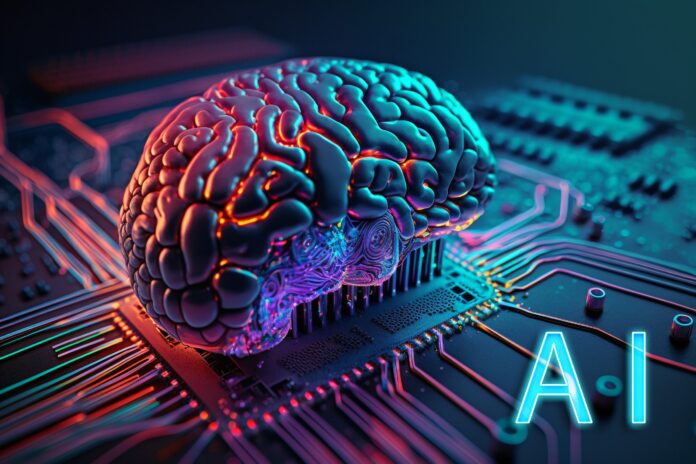Authored by : Dr Prem Das Maheshwari, Regional Director, D2L India
The Role of AI in Today’s Context Artificial intelligence (AI) is changing the way we live our lives, and the education sector is no exception. From personalized learning paths to automated grading and virtual tutoring, AI can play a significant role in elevating the online learning experience. As this technology becomes more mainstream, questions of ethics surrounding its use come into focus. Addressing these concerns is critical to ensuring that AI in education benefits everyone fairly and responsibly.
The Need for Ethical AI in Online Education
1. Preventing Bias and Ensuring Fairness
AI systems are only as competent as the data on which they are trained. If data is one-sided or not a fair representation, the chances of perpetuating biases increase. For instance, a system trained mostly on data from urban schools may not work effectively with students from rural schools. Ethical AI trains algorithms on diverse datasets and promotes fairness and equity in education.
2. Protection of Student Data and Privacy
AI systems often collect enormous amounts of data, including the academic record of students, personal information and profiled learning behaviors among other data. The absence of appropriate ethical standards could make entities exploit this sensitive data.
Ethical AI practices emphasize the importance of transparency in data usage and compliance with global privacy standards, such as the Digital Personal Data Protection Act (DPDPA) in India.
Also Read: Why Companies Are Increasingly Valuing Online Internship Experience
3. Transparency for Building Trust
Students and educators want AI systems to explain why they make certain decisions, such as how they decided on a course module or why they assigned a particular grade to a student. Ethical AI ensures transparency around these decision-making processes and fosters trust and confidence among users regarding the technology.
4. Promoting Inclusivity
AI holds great promise for revolutionizing education through personalized learning opportunities. However, it is crucial to address ethical considerations to ensure this technology does not inadvertently disadvantage certain groups, such as students with disabilities or those lacking access to high-speed internet. Ethical AI prioritizes inclusivity, fostering tools that are accessible and equitable for all learners. Online Courses with Certification
Online Courses with Certification
The Future and Implications of Ethical AI in Education
AI has tremendous applications in online learning. Its potential to enhance personalized learning, streamline administrative tasks and provide real-time feedback can transform education. However, without a proper ethical regulatory framework, the introduction of AI into learning environments might yield the opposite effect. Unethical AI practices, including discriminatory algorithms, data privacy issues and lack of transparency could erase the trust that parents and students may have in AI. Biased AI systems could, for example, privilege certain demographics at the expense of others and thus result in unequal learning opportunities.
Looking ahead, the key to harnessing the full potential of AI in education lies in a commitment to ethical practices. Educational institutions, technology providers and policymakers should come together to lay out an unambiguous guideline-driven approach that gives precedence to fairness, inclusiveness and data privacy. Ethical AI guarantees fair and equitable learning platforms that are just as efficient and personalized. With the right approach, AI can emerge as a powerful tool for making education more accessible, efficient and inclusive for all learners.
Platforms like EasyShiksha.com offer valuable courses that can help you gain the necessary skills.

































































